How To Start A Successful Tax Preparation Business

The tax preparation industry consists of some 1.2 million paid professionals, according to US News and World Report, engaged in the preparation and filing of forms required by the federal, state and local governments. The industry generates $9 billion in revenue, and last year prepared more than 82 million individual income tax returns. The Bureau of Labor Statistics notes that industry growth is roughly 10 percent per year, consistent with the average of all industries.
Tax preparers engage in four basic activities:
- Interviewing each client. This will gather the personal information required to file the return, and determines which forms are needed.
- Gathering income and tax information. This information includes W-2 and 1099-MISC forms issued by employers, expense receipts and records, supporting documents such as verification of health care coverage, and information on deductions.
- Completing the forms. The majority of tax preparers use computer software to prepare the forms quickly and accurately. The IRS also offers some online fillable forms that are used by practitioners who prepare only a small number of returns for friends and family. At the same time, the preparer uses his or her experience and education to find tax-saving deductions and credits while preparing the forms.
- Filing the forms. The majority of tax professionals file client returns electronically, both for federal and state tax returns. This benefits the taxpayer by checking for errors, faster processing of the return and faster refunds if appropriate. For clients who wish to file paper returns, the tax preparer will assemble the forms, ensure they are signed, and provide the mailing envelope to be used.
There are two major reasons why taxpayers would pay a professional rather than file their own tax returns. The first is to keep the return accurate, and thus reduce the chances of being audited. The second is that as the tax code becomes ever more complicated (the federal tax code alone is nearly 73,000 pages), taxpayers rely on professionals to find all legitimate deductions and handle unusual tax situations.
How, then, does one become a paid professional in tax preparation? Here are 10- basic steps:
- Determine your goal. Tax preparation requires skills in client relationships, organization of work flow, basic math (addition, subtraction, multiplication, and division), and continuing education. It is built around helping people, and financial success for preparers hinges on attracting new clients and retaining the old ones.
- Take the basic training course. This will require an investment of 60 hours or more in time and a fee that may be as little as $150. The major tax franchises also offer courses in the same price range but provide greater depth.
- Gain experience in preparing returns. Working for a tax preparation firm will give the novice practitioner an opportunity to learn about clients, best practices and the procedures of the IRS – including electronic filing.
- Get your credentials in order. California, Oregon and New York regulate tax preparers, and other states are considering this option as a hedge against tax fraud. The Internal Revenue Service has mounted an effort to launch its own accreditation program, and in the meantime offers an Annual Filing Season Program. Finally, apply for an IRS Preparer Tax Identification Number (PTIN) and an Electronic Filing Identification Number (EFIN).
- Develop a professional networking strategy. The Taxing Subjects blog operated by Drake Software offers a wide array of news and ideas, including a list of professional associations and assistance with developing business plans. LinkedIn, an online resource for business professionals, also has a number of groups for information sharing, including the Tax Business Owners of America, which currently claims 7,000 members.
- Structure your tax business. You will need to acquire an Employer Identification Number (EIN), as well as selecting a location if you are not working from home. Decide whether the company will operate as a sole proprietorship, a corporation, or a Limited Liability Corporation (LLC). You will also need file applications that may include as little as a business license or as much as formal articles of incorporation. You may need the assistance of an attorney to prepare these for you.
- Identify what clients you will serve. The busiest tax season if for federal and state income taxes in January through April of each year. But the tax practice may also handle business tax returns, tax planning, filings for government entities and non-profit organizations, and the remittance of payroll taxes on a year-around basis.
- Select your technology. You will need a tax preparation software package, offered by more than a dozen major software developers. In addition, each person preparing taxes in your office will need access to a computer, a scanner, a printer, and one or more monitors. Other key technologies generally include a smartphone and a laptop computer for out-of-office meetings.
- Open a credit card processing account and business bank account. The credit card processing accounts should allow processing of payments on MasterCard and Visa at the minimum. A business bank account helps to make expense tracking easier, and bolsters your image as a professional.
- Take it slow. The best tax preparers are professional in their demeanor, have the right credentials, and can offer clients knowledge and experience. These last two items will take time to develop, but it will be difficult to build a thriving practice without them.
Starting a tax preparation business is a boot-strap operation, requiring only a small investment in money but a much greater investment in time and attention. At the end of the startup process, you’ll have a business with a strong potential to survive and thrive for years to come.



